Environment
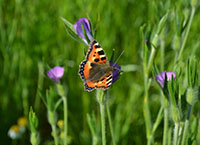
Low-input grassland and arable grass margins
Low-input grassland and arable grass margins Catherine Keena, Countryside Management Specialist, writes about scoring low-input grassland and arable grass margins. Scoring low-input grassland Approximately 100,000ha of low-input grassland was selected under the Agri-Climate Rural Environment Scheme (ACRES). These fields will be assessed by ACRES advisors this summer to determine how they score […]
17 June 2023
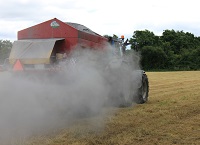
Lime use at highest rate in 22 years, as fertiliser sales decline
Lime use at highest rate in 22 years, as fertiliser sales decline Data from the Central Statistics Office (CSO) have pointed to increases in the quantity of lime being sold while, at the same time, a reduction in fertiliser sales volumes were reported. Releasing data for 2022 fertiliser sales, the CSO has […]
15 June 2023
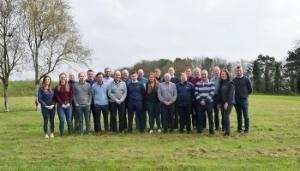
New Signpost Advisory Programme in place
New Signpost Advisory Programme in place A new free Signpost Advisory service has been established to assist farmers in making their farms more environmentally sustainable. A team of 20 Signpost advisors is in place across the Teagasc advisory regions and will work with farmers to develop and implement plans to reduce greenhouse […]
14 June 2023

The role of Agricultural Sustainability Support and Advisory Programme
The role of Agricultural Sustainability Support and Advisory Programme In Ireland, all water policy and management is led by the Water Framework Directive. Under this directive, Ireland has been set a target of achieving at least ‘good status’ for all waters in Ireland. However, despite a lot of good work over the […]
11 June 2023
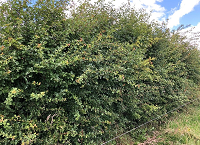
Carbon Farming Initiatives
Carbon Farming Initiatives Carbon farming is a new green business model to reward farmers and land managers for curbing climate change, Donal O’Brien, Researcher at Teagasc Johnstown Castle, tells us more. This form of farming is defined by the European Commission as a carbon removal activity that leads to greater storage of […]
11 June 2023
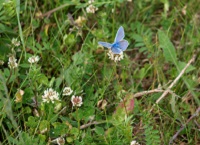
ACRES – how will your farm score?
0 ACRES – how will your farm score? The Agri-Climate Rural Environment Scheme (ACRES) is Ireland’s new agri-environment climate scheme under Ireland’s CAP Strategic Plan. This new €1.5 billion flagship agri-environment scheme is to address biodiversity decline, while delivering an income support. In this article, Joanne Masterson, ASSAP Advisor, Teagasc Galway/Clare, explains how the […]
8 June 2023
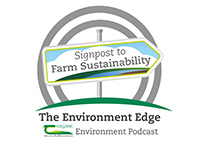
When do you reduce chemical fertiliser in a grass clover sward?
0 When do you reduce chemical fertiliser in a grass clover sward? Dr. Deirdre Hennessy features on this edition of the Environment Edge podcast, where she speaks about the nutrient management of grass clover swards. Speaking from her years of experience in managing these swards under research conditions at Teagasc Moorepark, the lecturer […]
5 June 2023
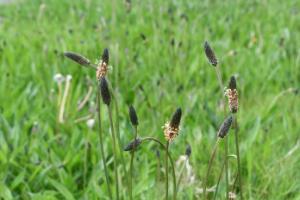
Growing Wild – Marsh marigold and Ribwort plantain
Growing Wild – Marsh marigold and Ribwort plantain Now is the time to look out for Marsh marigold & Ribwort plantain, according to Catherine Keena, Teagasc Countryside Management Specialist, who takes a closer look at some of our native Irish biodiversity. Marsh marigold Look out for marsh marigold with striking glossy yellow […]
27 May 2023

Protecting wildlife habitats to increase biodiversity on farm
Protecting wildlife habitats to increase biodiversity on farm Wildlife habitats such as hedgerows, field margins, ponds, wetlands, and woodlands, commonly occur on Irish farms. The retention of existing habitats is vitally important, as they deliver ecological benefits. Wildlife habitats are vital to ecology, but they also provide important benefits – commonly referred to […]
27 May 2023
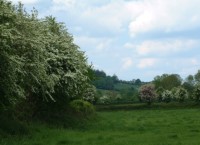
Assessing the biodiversity management practices of your linear habitats
Assessing the biodiversity management practices of your linear habitats Biodiversity management practices undertaken by farmers are a key element of farm sustainability. There is a need to include biodiversity management in the assessment of farm sustainability. This article draws on existing evidence and literature to inform the development of an innovative, affordable, […]
25 May 2023
